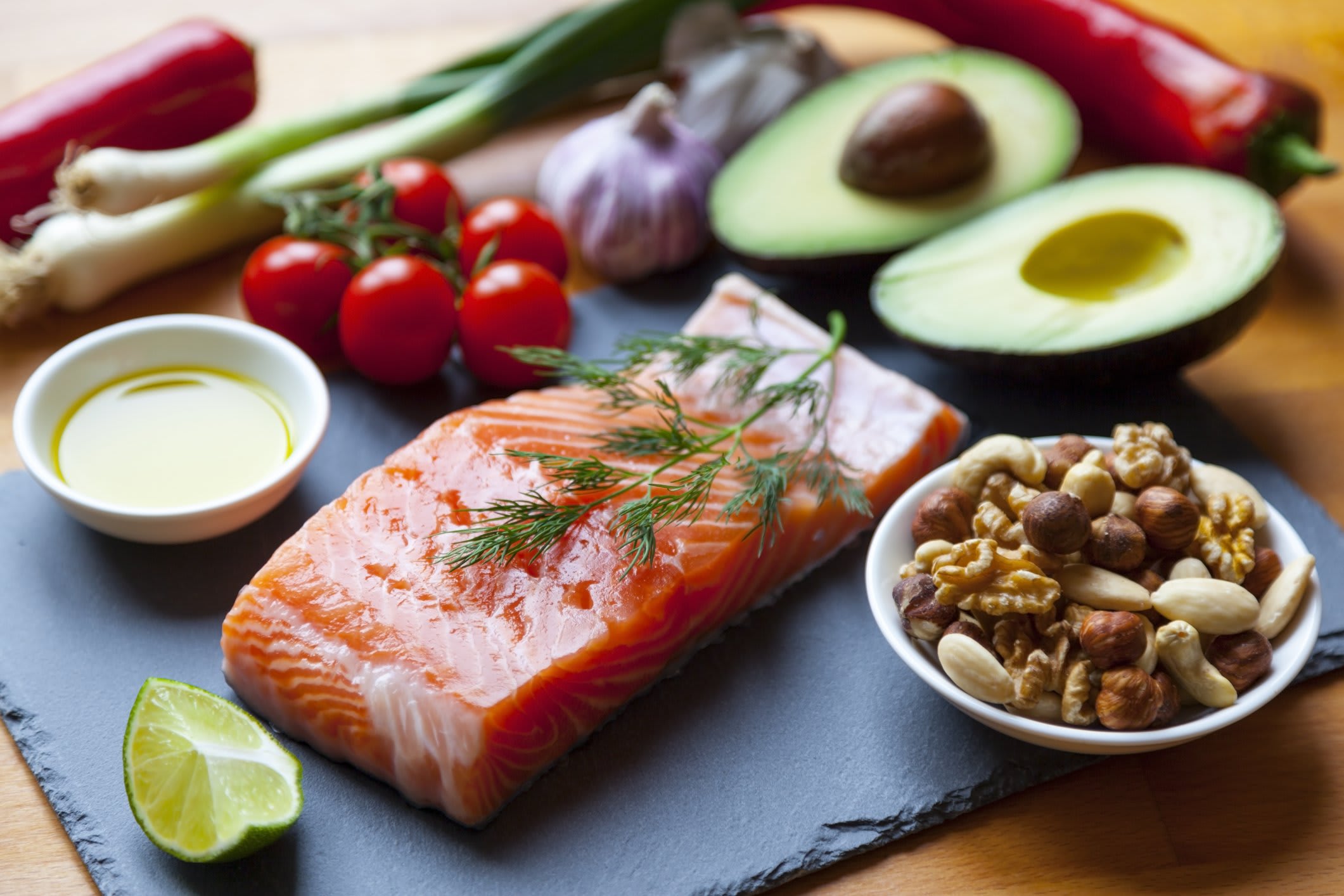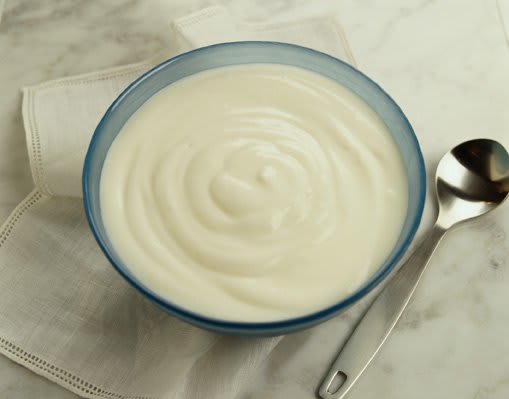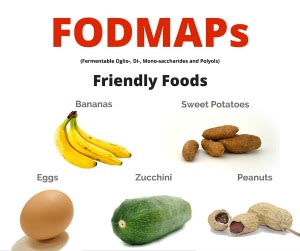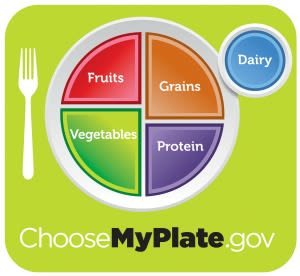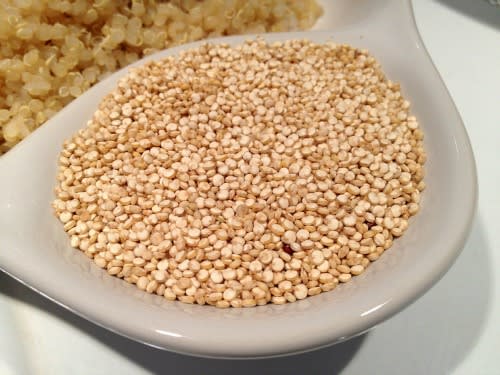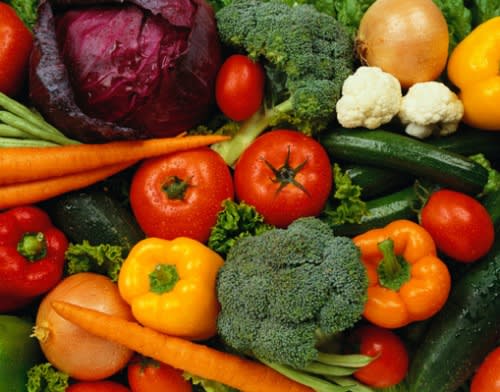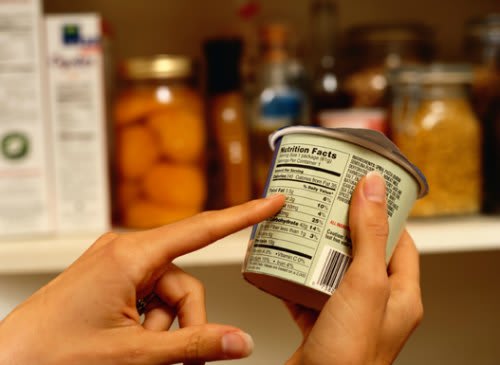What is the DASH DIET?
Published: February 24, 2016l
By Lisa Zarny, MS, RD, CD-N, Clinical Nutrition Manager

- Get your Fruits and Veggies: Fruits and vegetables are a good source of potassium, a mineral that can be helpful in lowering blood pressure. Additionally, a diet rich in fruits and vegetables may support weight loss since these foods are naturally low in fat and high in fiber.
- Choose Low-Fat Dairy: While dairy foods are rich in calcium, high-fat dairy contains saturated fats which are not good for heart health. Eating foods high in saturated fats may contribute to extra calories, potential weight gain and increased risk of heart disease.
- Go Nuts - Rich in antioxidants, nuts may help to reduce damage to blood vessels. Nuts can also keep blood vessels healthy to regulate the blood flow.
- Limit Saturated Fats - Studies have shown that a diet low in saturated fats can lower the risk of heart disease and hypertension. Following a low-fat diet and maintaining a healthy weight not only reduces the risk for high blood pressure, but also for diabetes and heart complications.
- Be Active: A healthy body weight is important for good health. Overweight individuals, especially those with extra abdominal fat, are at increased risk for diabetes, high blood pressure and heart disease. Physical activity is an important component of any healthy lifestyle. It promotes heart health and helps achieve overall fitness so you aren't huffing and puffing climbing a simple set of stairs. You can reduce your blood pressure with regular aerobic exercise — aiming for at least 60 minutes 3-4 days per week, or 150 minutes per week.
- Limit Alcohol - Watch your alcohol intake. One alcoholic drink is equivalent to either 12 ounces of beer, 5 ounces of wine or 1.5 ounces of 80-proof liquor. Men should limit their alcohol intake to two drinks or less per day and women should consume no more than one drink per day. In addition to helping to maintain a healthy weight, reducing alcohol consumption may reduce blood pressure.
http://www.eatright.org/resource/health/wellness/heart-and-cardiovascular-health/dash-diet-reducing-hypertension-through-diet-and-lifestyle
https://www.nhlbi.nih.gov/health/health-topics/topics/dash
Featured Expert/ Author











